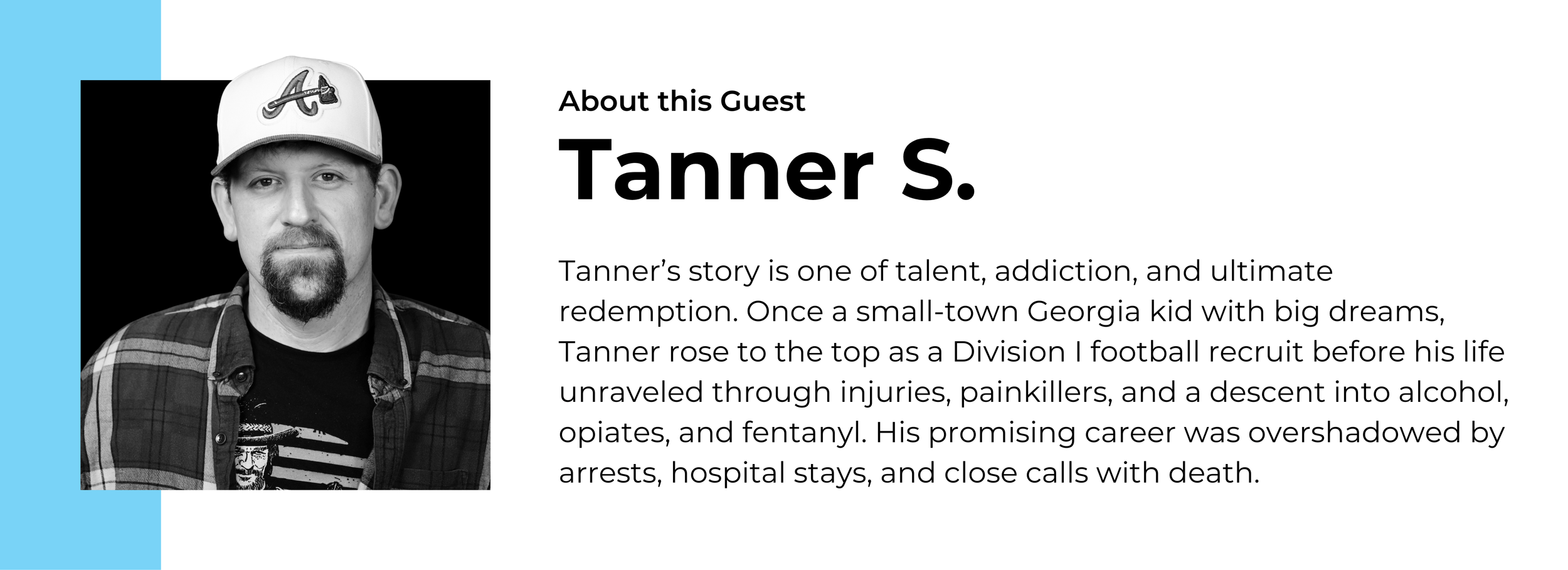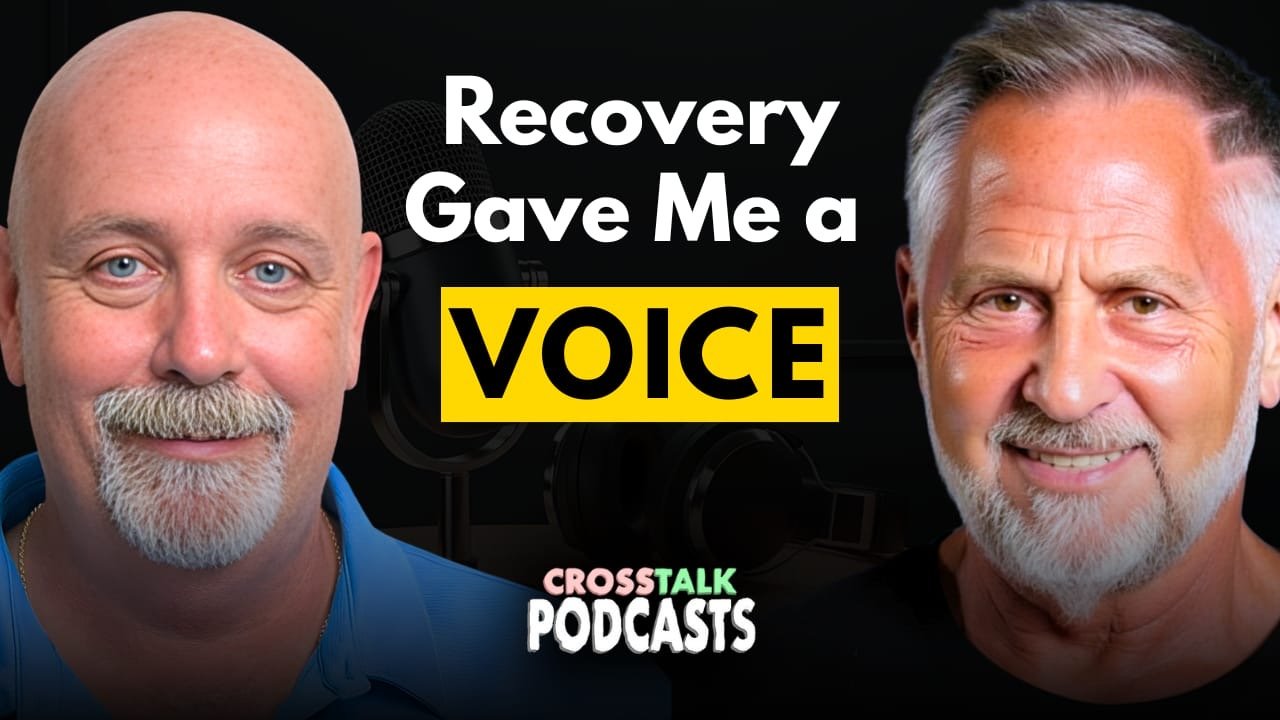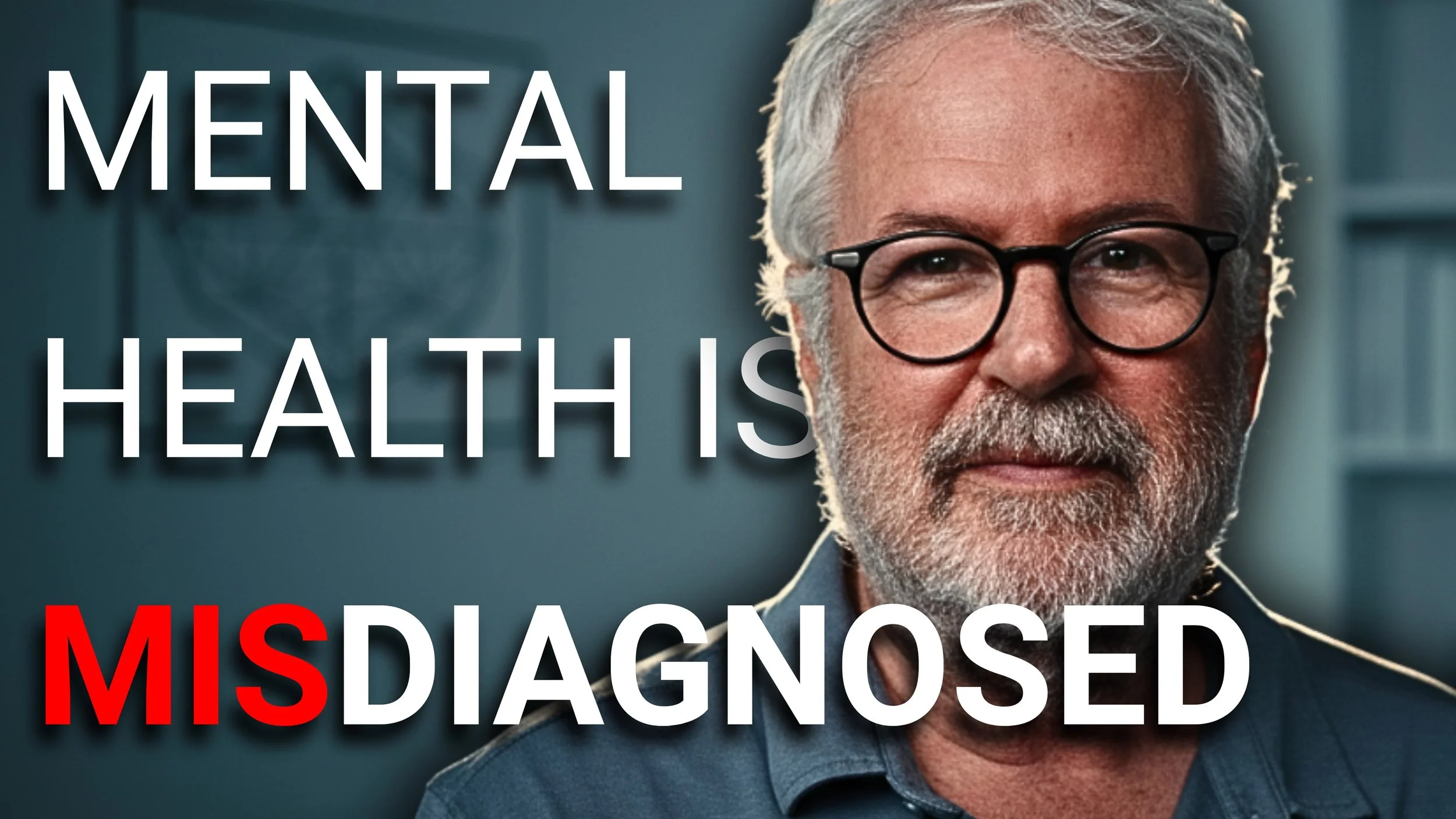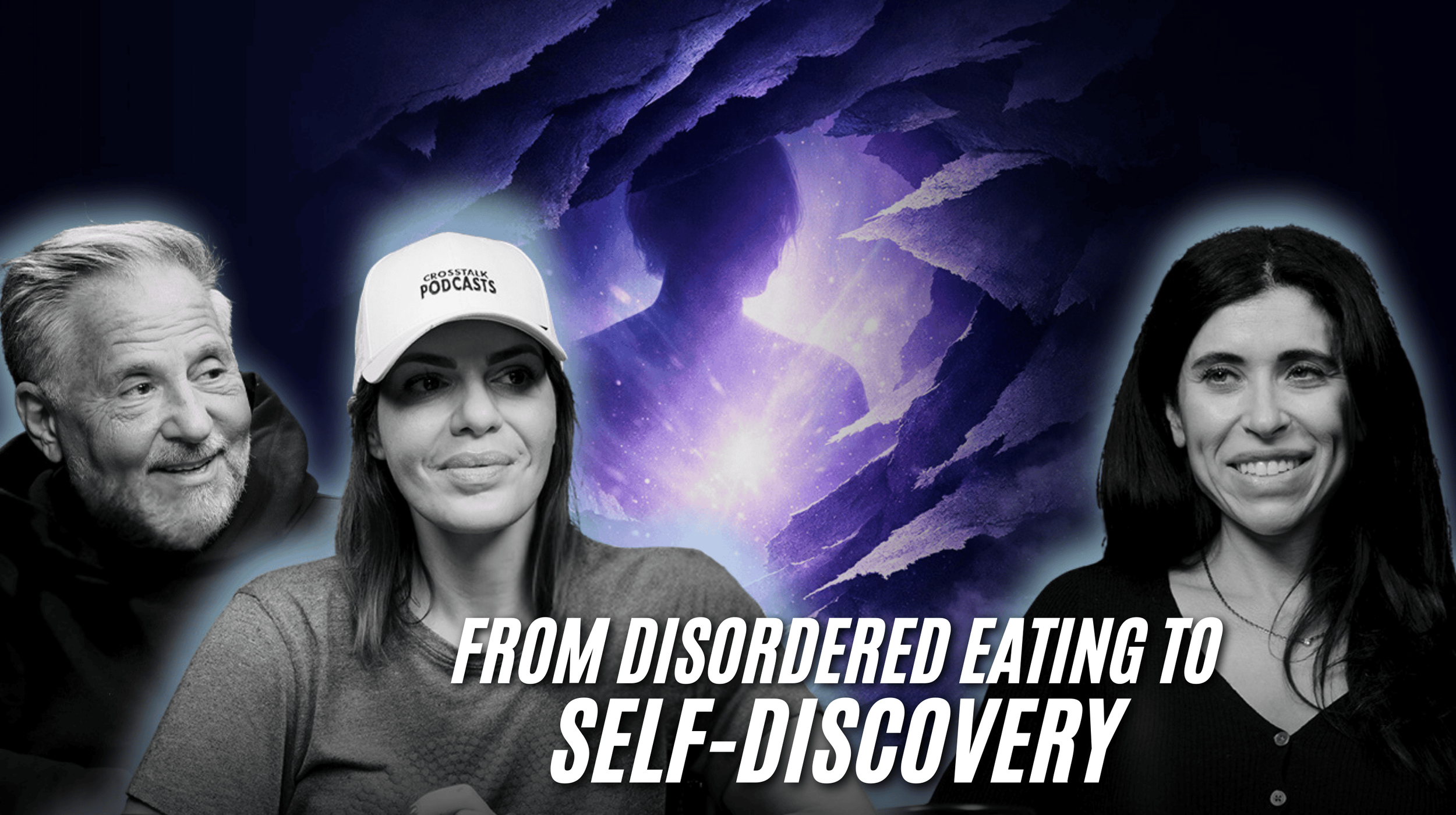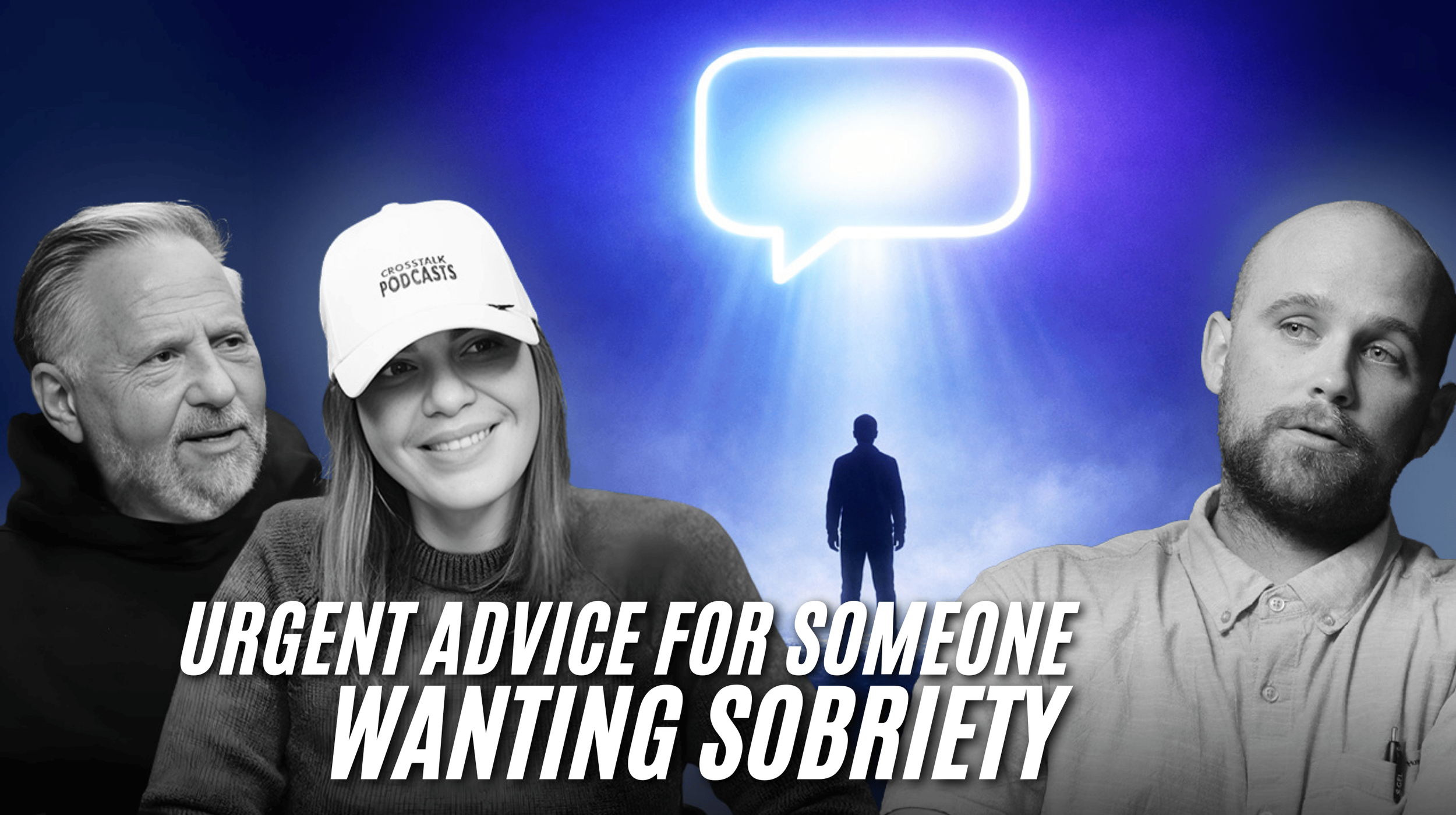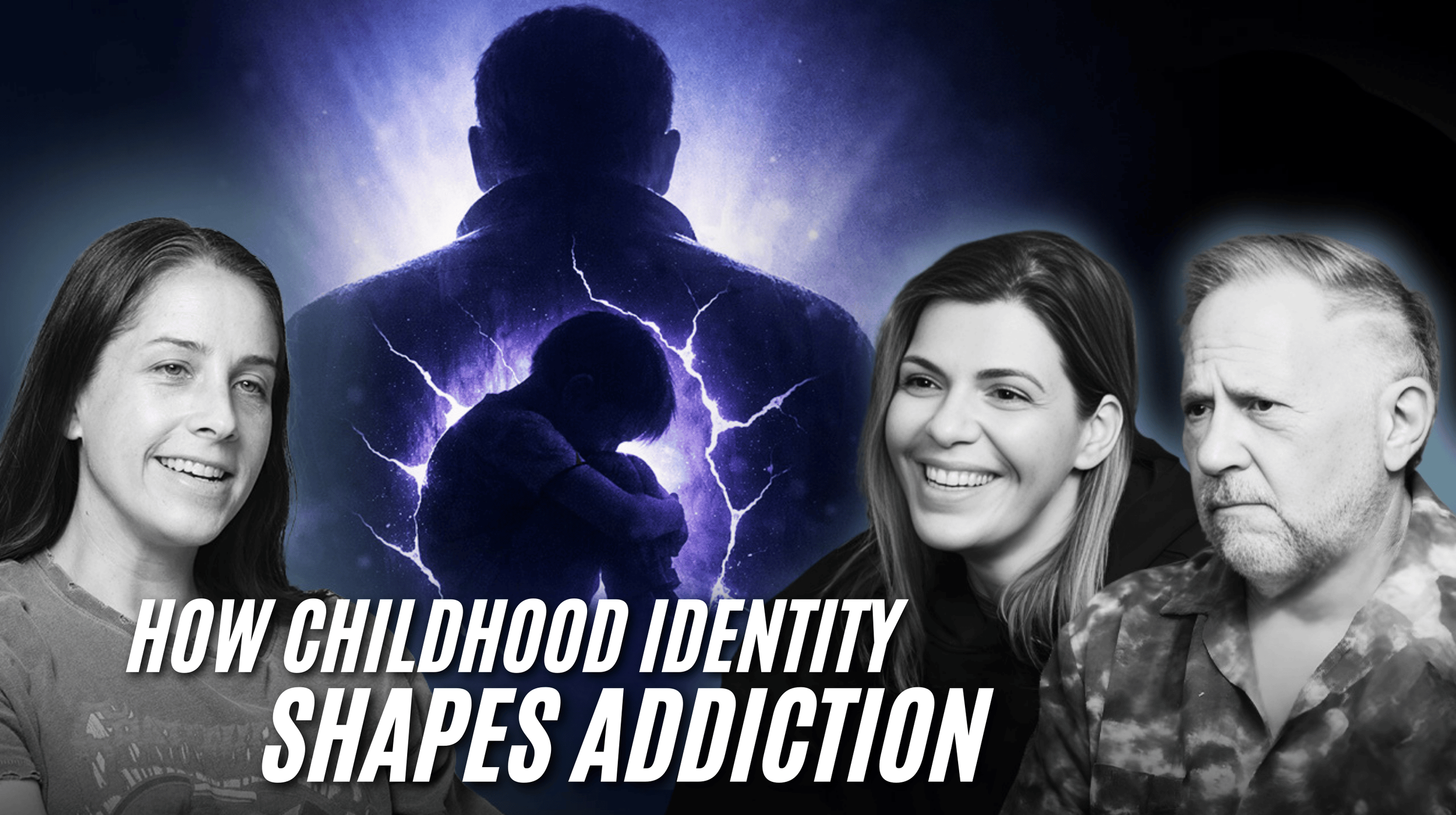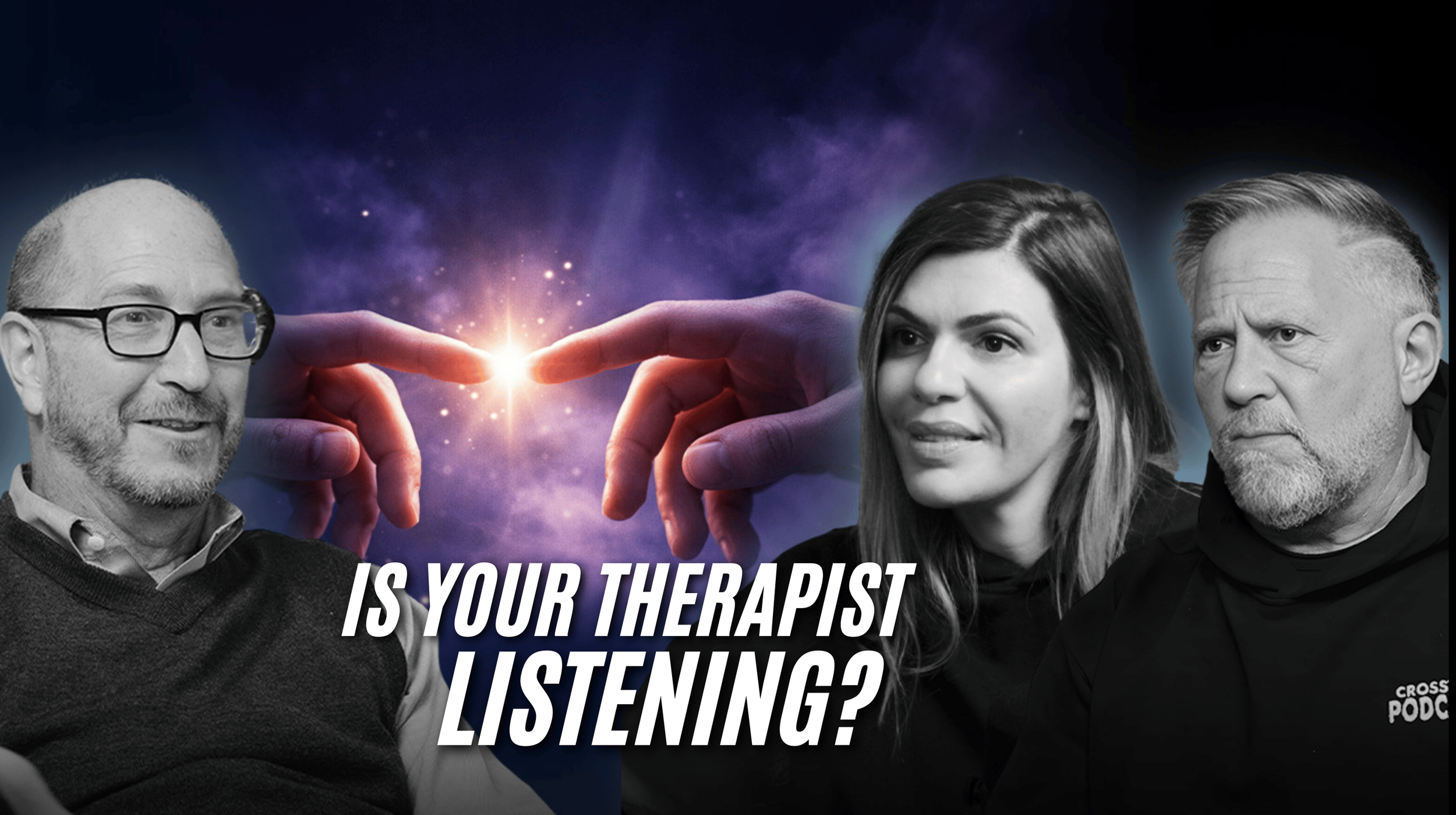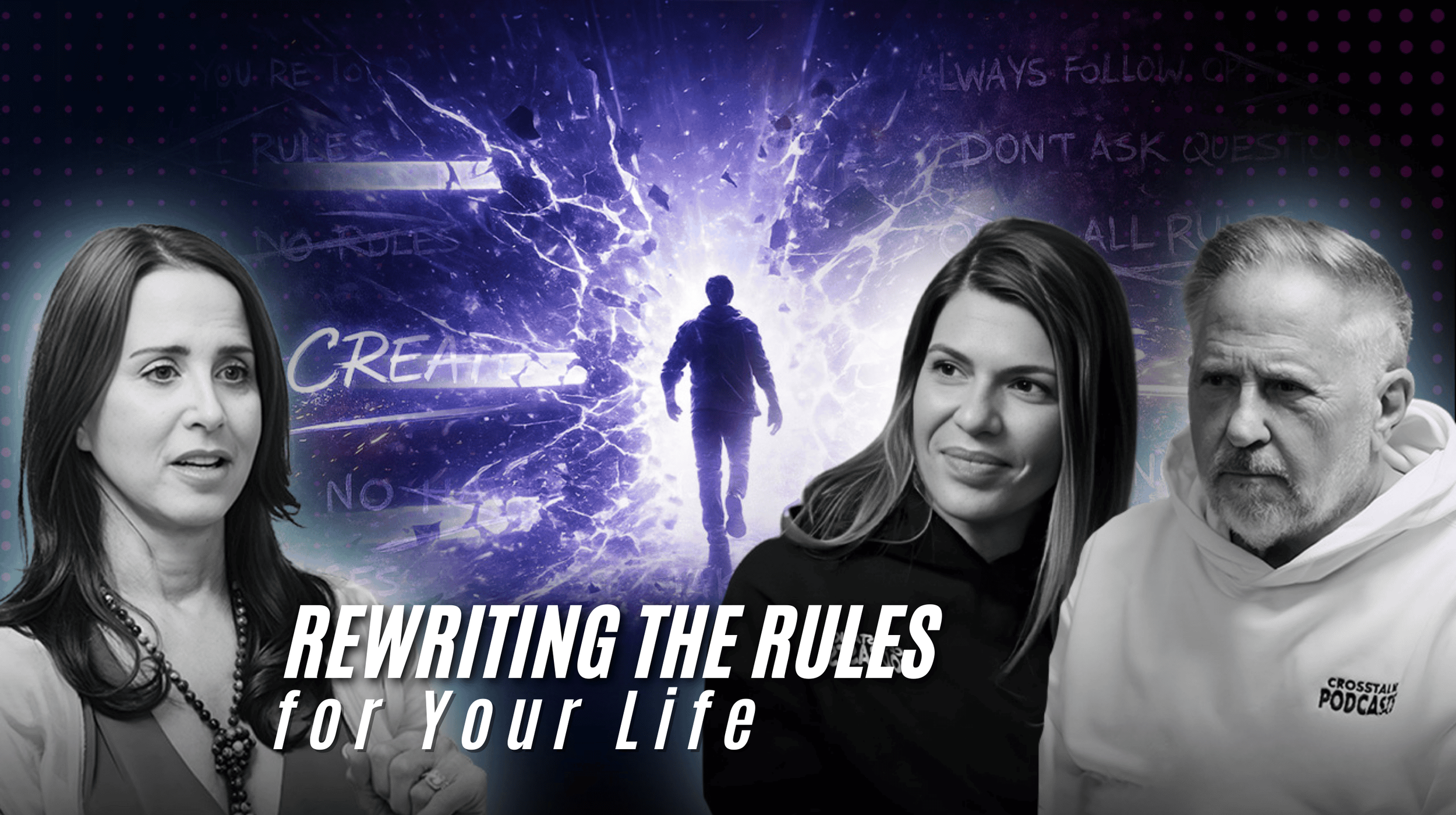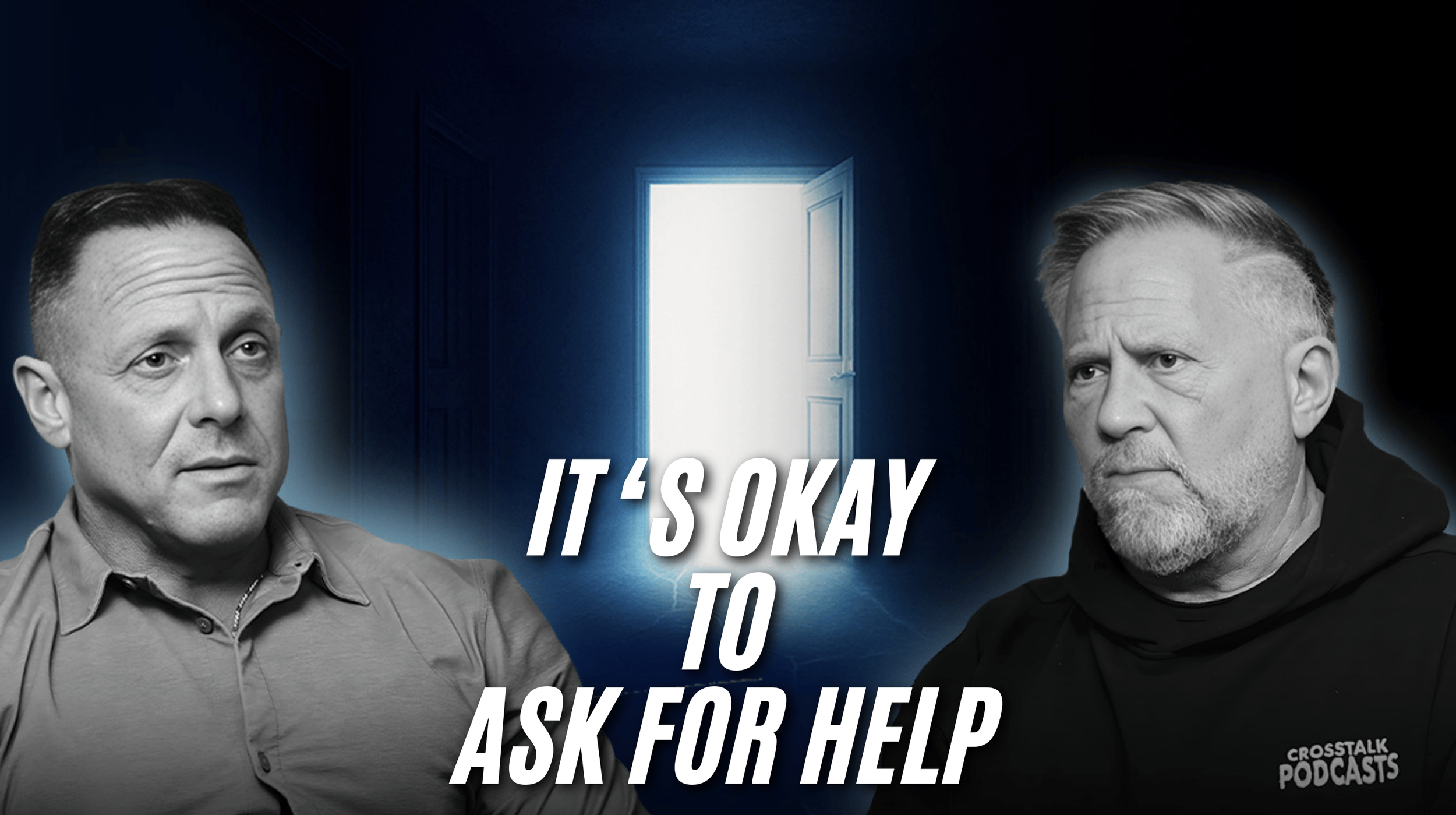Is a Sober Life Better Than the Rock Star Dream? | Tanner S.
Listen or watch on your favorite platforms
Tanner Strickland’s story is one of talent, addiction, and ultimate redemption. Once a small-town Georgia kid with big dreams, Tanner rose to the top as a Division I football recruit before his life unraveled through injuries, painkillers, and a descent into alcohol, opiates, and fentanyl. His promising career was overshadowed by arrests, hospital stays, and close calls with death.
But Tanner’s journey didn’t end there. Today, with nearly 18 months of sobriety, he’s rebuilding his life through faith, music, and recovery. In this powerful episode of Crosstalk Podcasts, Tanner shares what it took to break free from the cycle and how sobriety gave him a second chance.
Growing Up in a Small Georgia Town
Tanner grew up in Nashville, Georgia, a small farming community where “everybody knew everybody.” His childhood was filled with four-wheeler rides, music in the church, and the values of a tight-knit family. His grandfather ran the local department store, his father came from a dairy farming family, and their names carried weight in town. But growing up in a place where everyone knew your business also meant wearing a mask. Tanner recalls, “You don’t always want everybody to know your business, especially when you’re not living in a way that aligns with your core values.”
First Encounters with Substances
At 14, a shoulder injury put Tanner on Percocet, the drug that would eventually become his downfall. He also began experimenting with alcohol around the same time. While football and music filled his days, the prescription pills numbed more than physical pain. “I think it was that emotional and spiritual pain I was trying to block out that it really kind of let me let my hair down a little bit,” Tanner shared. Performing music at parties with older kids became a doorway into a world where drugs and alcohol mixed with his need to be liked
Active Addiction
By high school, Tanner was already a top football recruit. At just 16, he committed to the University of Georgia, where expectations and pressure intensified. Public exposure came early — a fake ID scandal at 17 landed him on the front page of newspapers across the state. “The 17-year-old kid that was a big-time recruit got arrested before his first spring practice,” he recalled. The reputation of being a “party guy” stuck, and in college his drinking escalated. Cocaine entered the picture, and multiple shoulder surgeries reintroduced him to opiates. Later, while pursuing music, substances became his constant companion. “I probably did more cocaine than I ever did opiates, but it was just something that was always there and kept me going,” Tanner admitted.
Hitting Bottom
By 2013, Tanner’s drinking and drug use landed him in the hospital with pancreatitis. Two weeks on a Dilaudid drip ended with him in severe withdrawal. That sent him spiraling deeper into opioids, cocaine, and eventually fentanyl. The pandemic hit his music career hard, leaving him isolated and fully consumed by drugs. Arrested in 2021 after passing out at the wheel, Tanner’s mugshot made the news and left him feeling exposed and broken. “I wanted nothing more than to go to rehab. I just wanted to get away,” he said.
Getting Help
His arrest was the wake-up call. Tanner entered treatment in North Georgia, then later in Malibu. For the first time, he engaged with recovery seriously, hearing the messages at meetings that he had ignored before. Rehab showed him that his addiction wasn’t just physical — it was mental, emotional, and spiritual. Relapse followed, but so did determination. He began to build a foundation rooted in prayer, meditation, and gratitude lists. Even after a near-fatal bike accident left him hospitalized for a month, he stayed committed. “I didn’t take any opiates I wasn’t supposed to. It was a scary, scary situation,” Tanner said, proud that he protected his sobriety even in crisis.
Life Today
Today Tanner has over 18 months of sobriety and a new perspective on life. His mornings start with gratitude, prayer, meditation, and songwriting. He embraces his relationship with a higher power, no longer chained by the pressure to perform or to please. “Sobriety is so much better. I don’t have it all figured out, but I feel like I’m equipped to deal with life now,” he reflected. Tanner’s story is a testament that no matter how far someone falls — from college football stardom to fentanyl addiction — recovery and redemption are possible. His joy today comes not just from music, but from freedom, clarity, and hope.
FAQs
What was Tanner’s main addiction?
Tanner struggled with opioids, cocaine, alcohol, and eventually fentanyl.How did Tanner’s football career affect his addiction?
Injuries led to early prescriptions for Percocet, fueling his opioid dependency.What was Tanner’s turning point?
His 2021 arrest pushed him to take sobriety seriously and seek treatment.What role does music play in Tanner’s recovery?
Music remains a healthy outlet, now fueled by clarity instead of substances.What tools help Tanner stay sober today?
Daily gratitude lists, prayer, meditation, and accountability in recovery groups.
Related episodes
ABOUT CROSSTALK
CROSSTALK reveals real stories of everyday people and notable figures, sharing their journeys from struggles to life-changing 'aha' moments with all kinds .


 Spotify
Spotify
